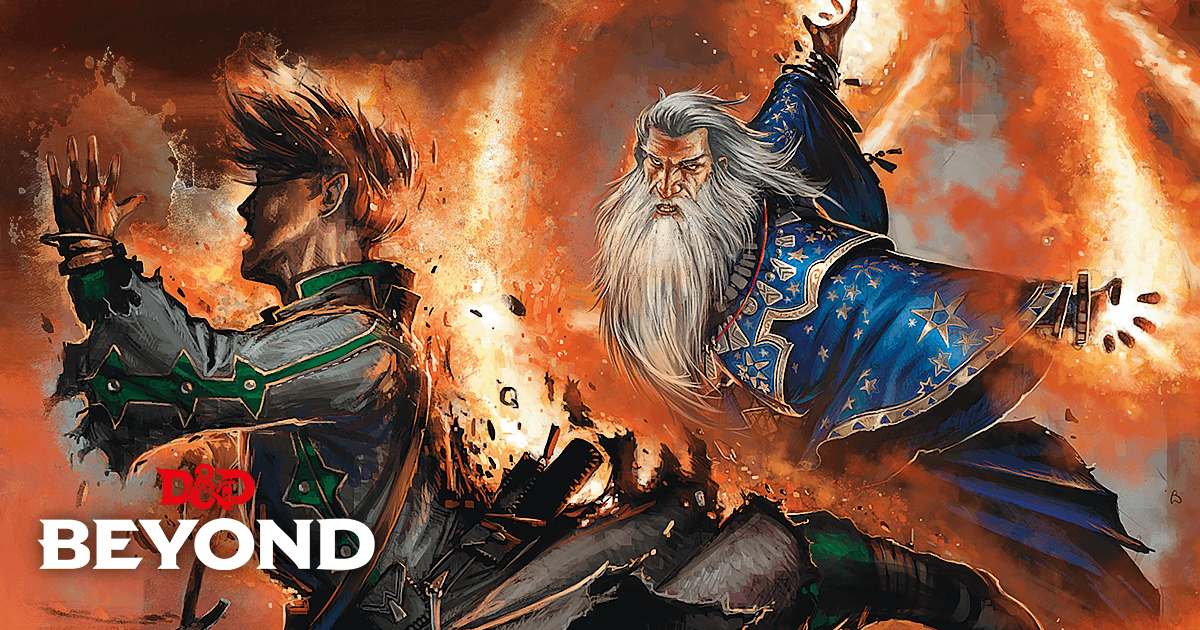Because there are many PF1e guns which have a higher misfire rate, and if you attempt to use a gun with which you are not proficient, the misfire range increases by +1.
Ah, OK.
Which means that, when you become a more proficient gunslinger, you have more misfires each day, not less.
Depends. Are you merely getting the same aggregate number of attacks in fewer rounds (i.e. going through the same total number of bullets each day)?
Do you think the most skillful gunslingers to ever live should be misfiring about once every twelve seconds? Does that make any sense? Is that reasonable or realistic or appropriate?
If the weapons they're using are unreliable enough to misfire on average once per 20 shots taken, then yes.
People are unlikely to complain about positives, so that entire argument is kind of a non-starter. Like...yes of course.
The argument is valid from the point of view of offsetting benefits/penalties. The negatives come with the positives.
Lanefan, you don't get that choice. If you want to do actual damage, you HAVE to make all your attacks. The game is designed around that. Just as 5th edition is designed around Fighters making four attacks per round at high levels, and Barbarians/Paladins/Rangers making two attacks per round with bonus damage.
Even though I might never choose to exercise that choice, I still have the option.
You...really shouldn't make comments about game systems you don't know.
In PF1e, which is what I explicitly said I was talking about multiple times, when a gunslinger gets a misfire, the weapon gains the Broken condition (-2 to hit and damage, can only crit on 20 regardless of the weapon's normal crit range, only deals 2x damage on a crit regardless of the weapon's usual crit effect), and the misfire range increases by 2 (or 4, for someone not trained with that weapon type). Then guess what? If you misfire again--which is now dramatically more likely because the weapon is Broken--the weapon, as I specifically said, EXPLODES. It deals its normal damage to you and everyone within some range of you, varying based on the weapon (usually a 5' or 10' radius around you).
So, no. It is not "rarely when you crit-fumble you might take d4 damage, or deal that to an ally". It's "between a quarter and a third of the time, you make the weapon an active liability that can hurt your friends and yourself pretty nastily".
That would seem to be a baked-in hazard of the weapon itself; a drawback to counterveil the benefit of being able to do lots of damage at range, thus making Gunslinger an inherently high-risk high-reward class to play.
Does that help make sense of why this is a bad rules design choice? It's not just the disagreement I know you and I have about the whole "random chance" thing. It's the combination of two pretty basic statements: (1) If someone becomes much, much more skilled at doing a particular thing, they should have fewer complications and more great successes, not horrible failures that remain proportionally frequent; and (2) because of the specific way PF1e misfire mechanics work, they are particularly punishing if you attempt to fire a weapon that has already misfired, and when critics pointed out that this would happen, instead of listening, Paizo outright banned some of the people who pointed this out in their public playtest boards.
Outright banning people is stupid overreaction.
That said, if the misfire mechanics were intentionally designed to make Gunslingers and other gun users risky to play (and I've no idea if they were) then Paizo were right to stick with it.
Nobody is coming to take away your personal crit-fumble tables. But crit-fumbles are not a widely-used game design choice for three very good, very clear reasons: players don't particularly like them because the everpresent risk of horrible punishing failure sucks and poisons the enjoyment most players feel for amazing success, an enemy crit-fumbling doesn't compensate for most players' negative feelings about crit-fumbling themselves*, and it is difficult to justify the logic of "your increased skill with firearms never causes any change to your misfire rate, so you will experience more misfires per round specifically because you are better at using guns".
*That is, the bad feels from personally crit-fumbling are, for almost all players, more bad than the good feels from seeing an enemy crit-fumble.
The bolded is, I think, personal projection; here we take fumbling as a simple matter of fact: bad luck is bad luck just like critting is good luck.
Two sessions ago the PCs in my game were on a fishing boat that got attacked by a big ol' sea monster. One of the PCs fumbled and dropped his weapon, no big deal except said PC was flying over open water at the time. Splash. One magic longsword down the drain, and Davy Jones says thanks.
You'd probably be appalled by this. Here, it was just one more event in an adventure that's turned out to be full of them (both good and bad); and by sheer luck that PC had just bought himself a back-up magic weapon while in town.
As for the higher skill should equal fewer fumbles per attack piece: one could argue that at no matter what skill level the PC is always pushing the limits of what he-she can do, leading to occasional mistakes which are mechanically reflected as fumbles.




